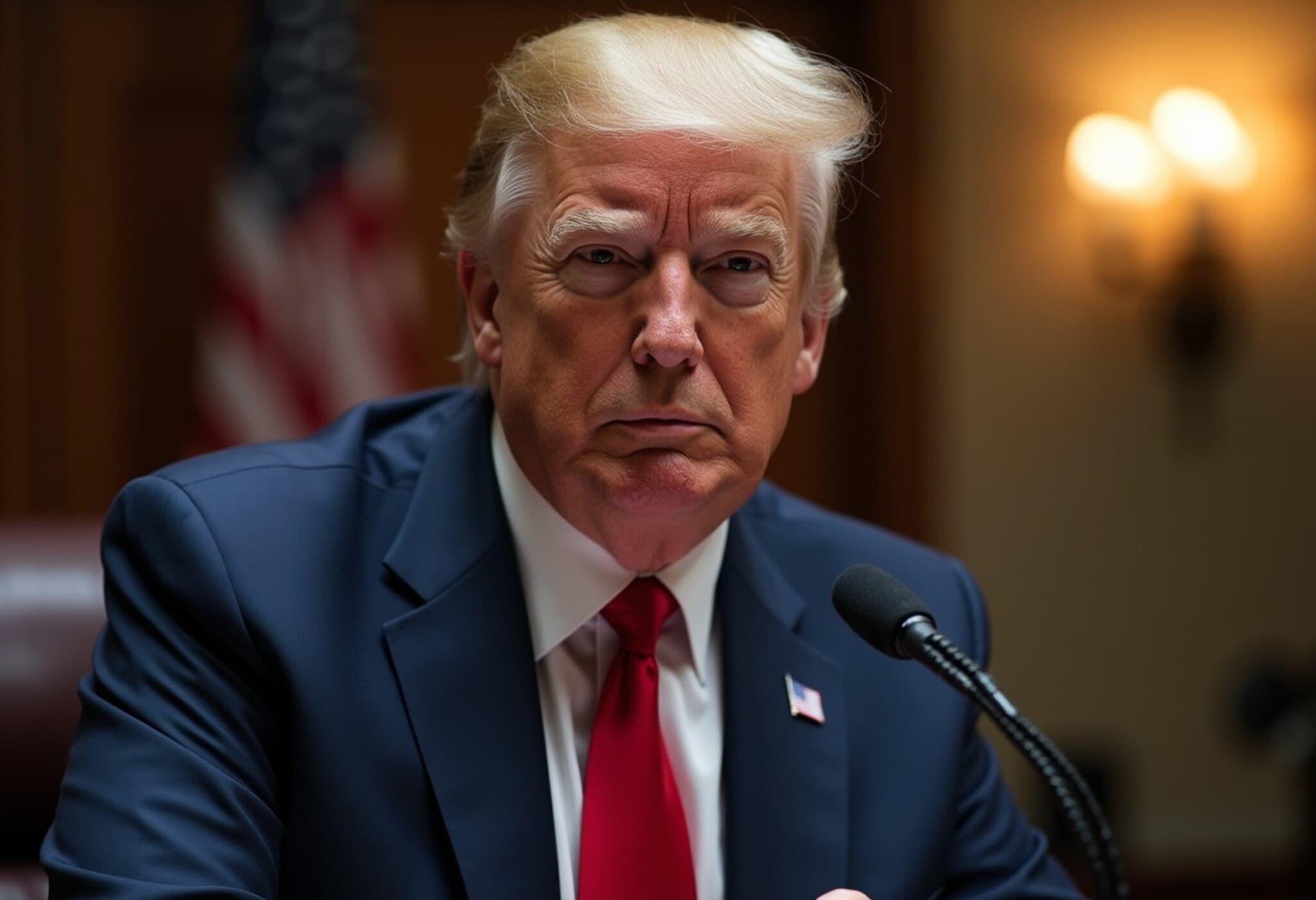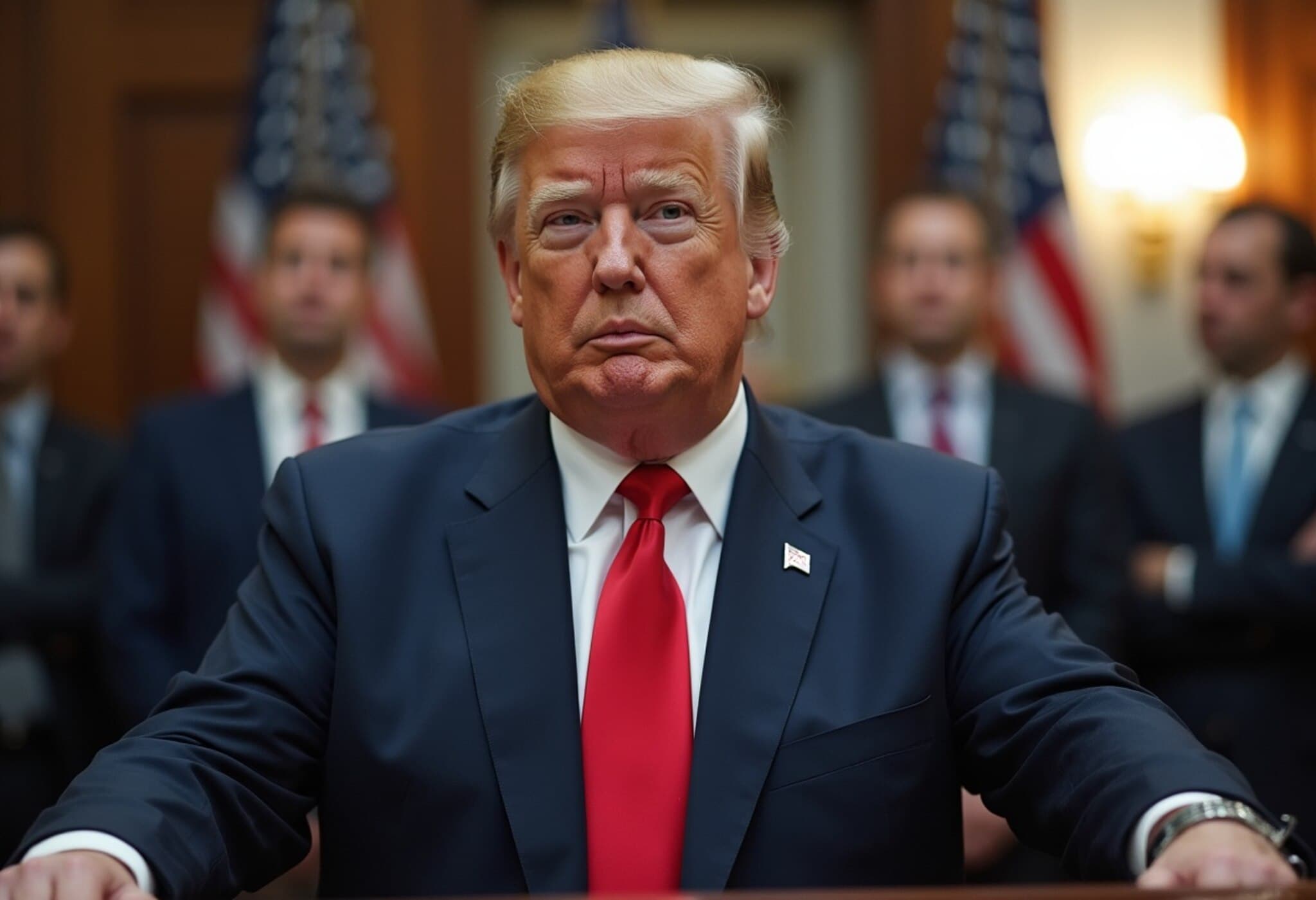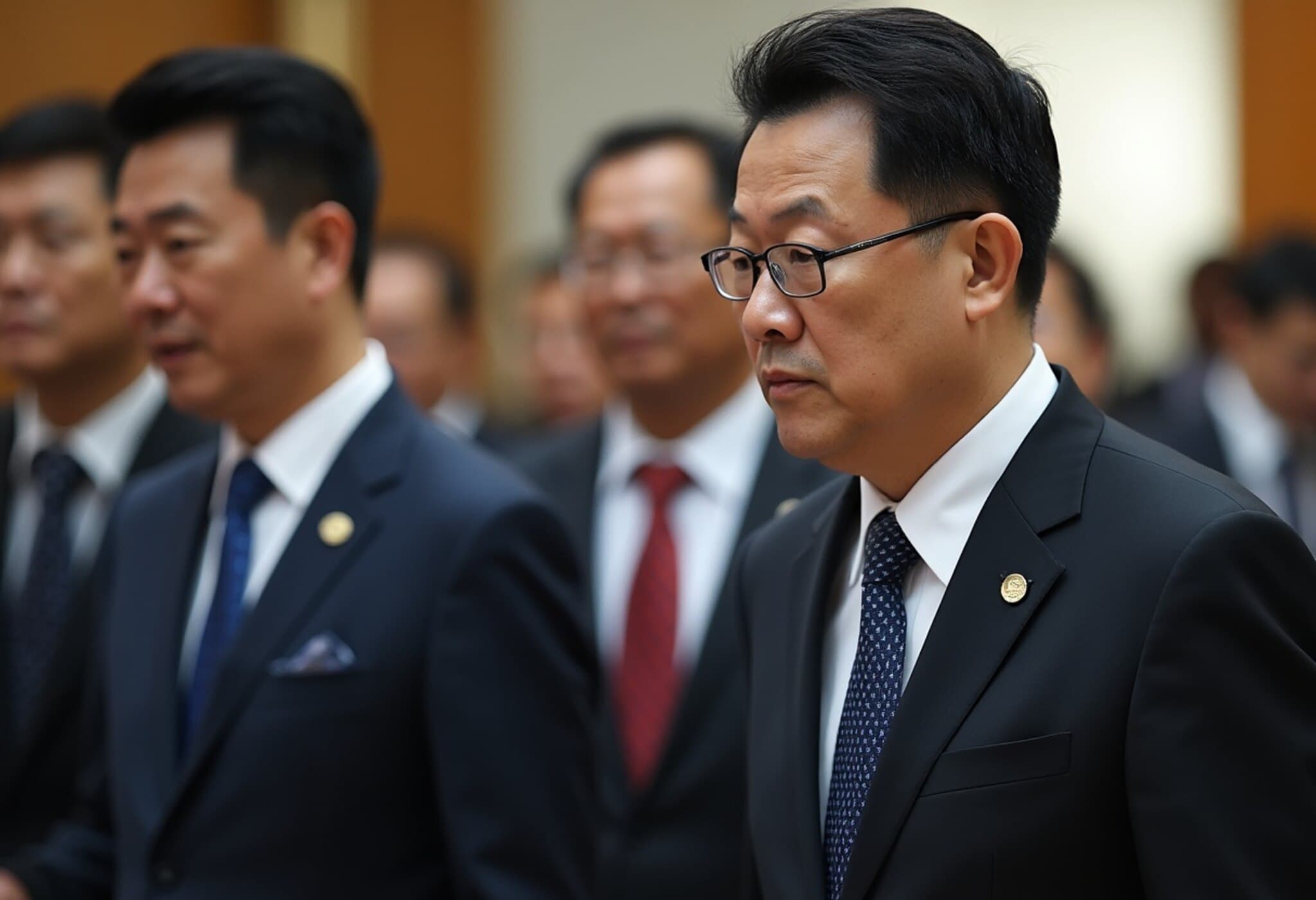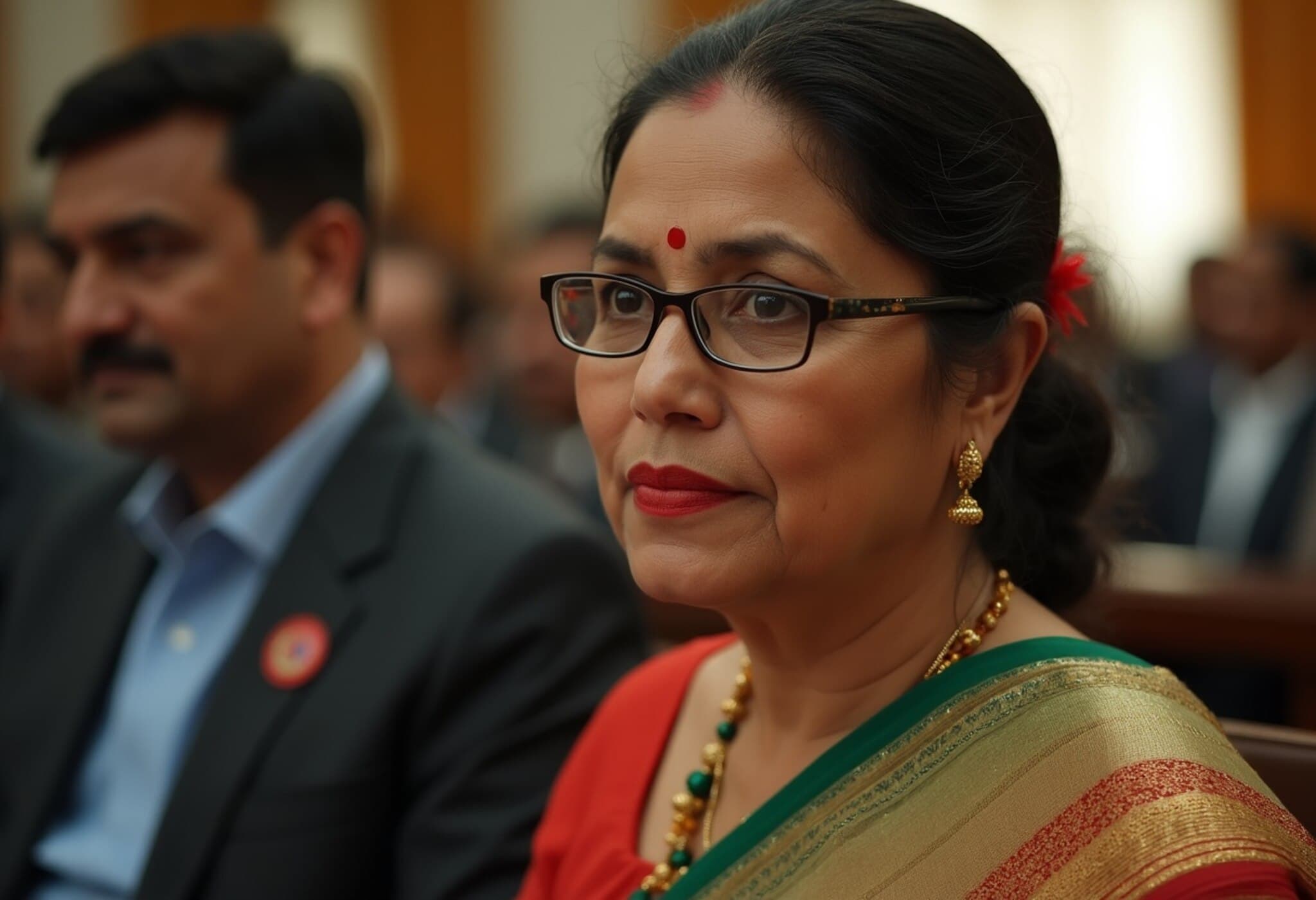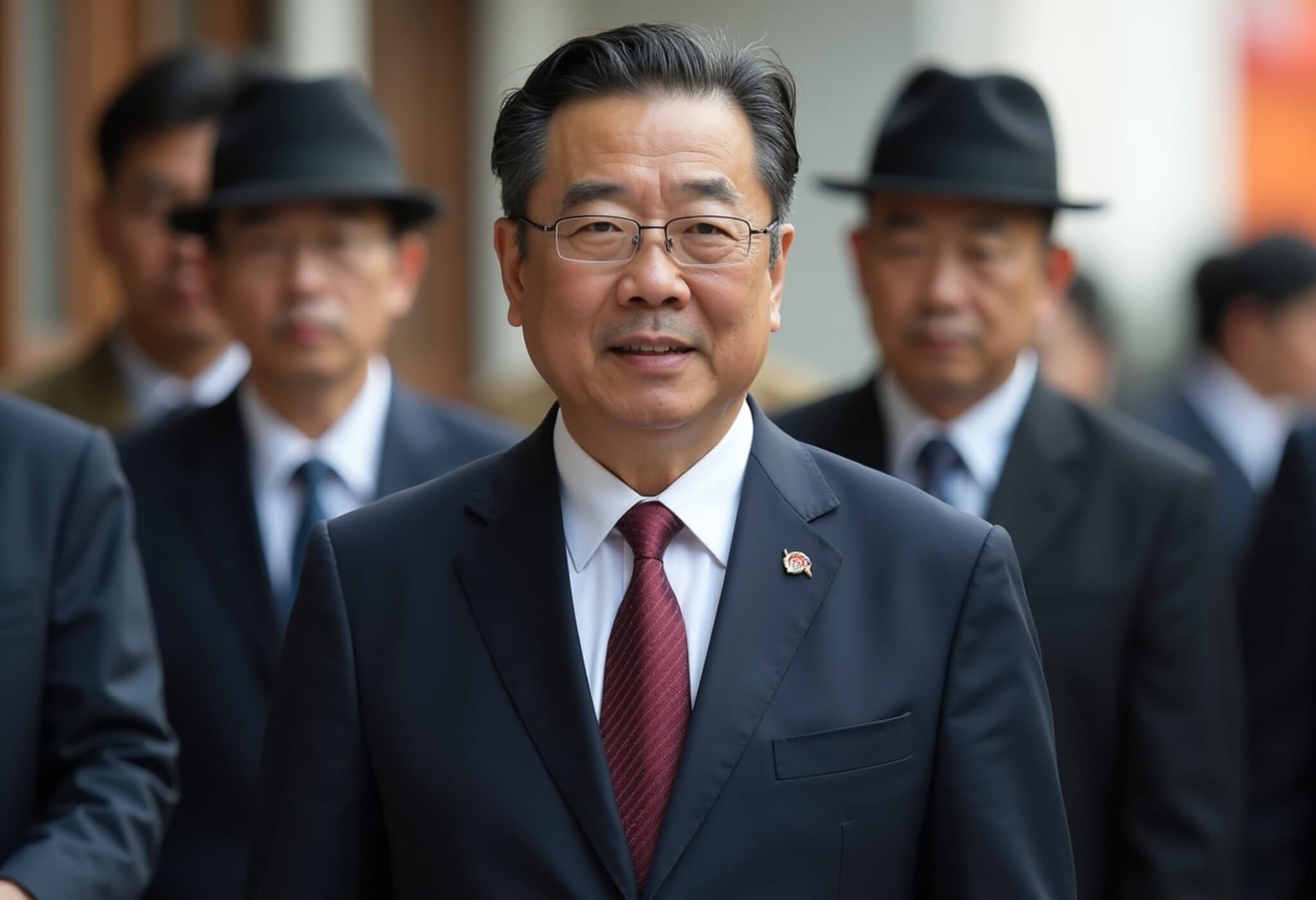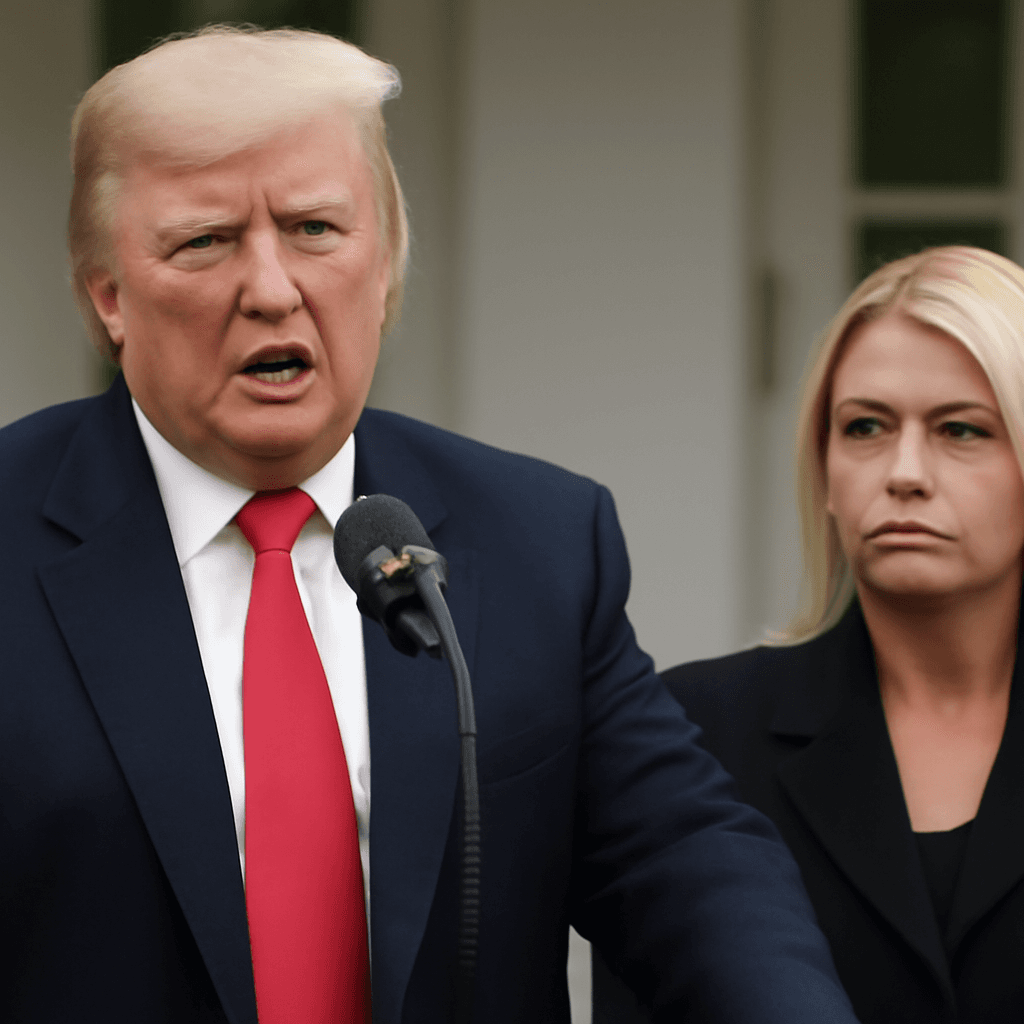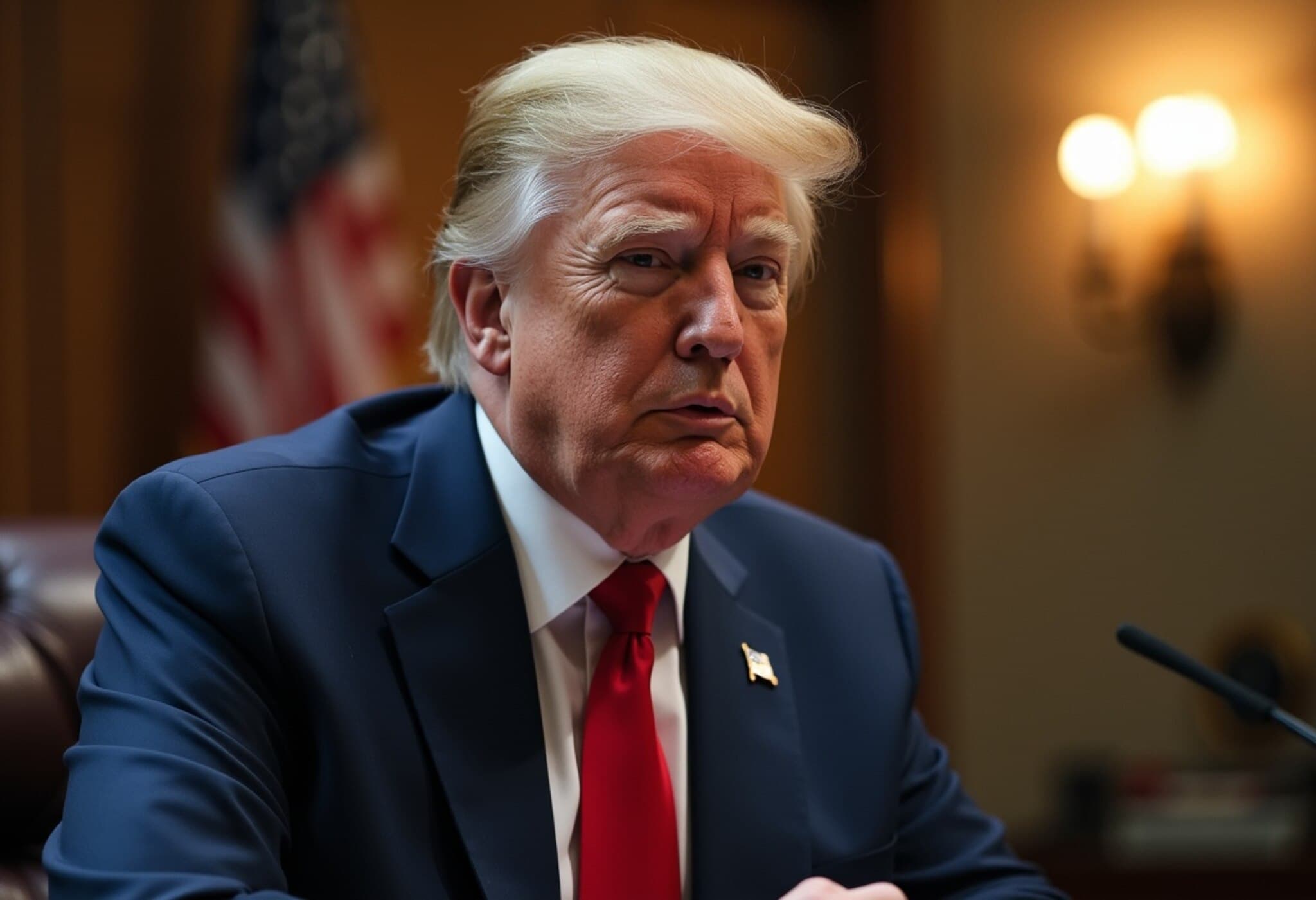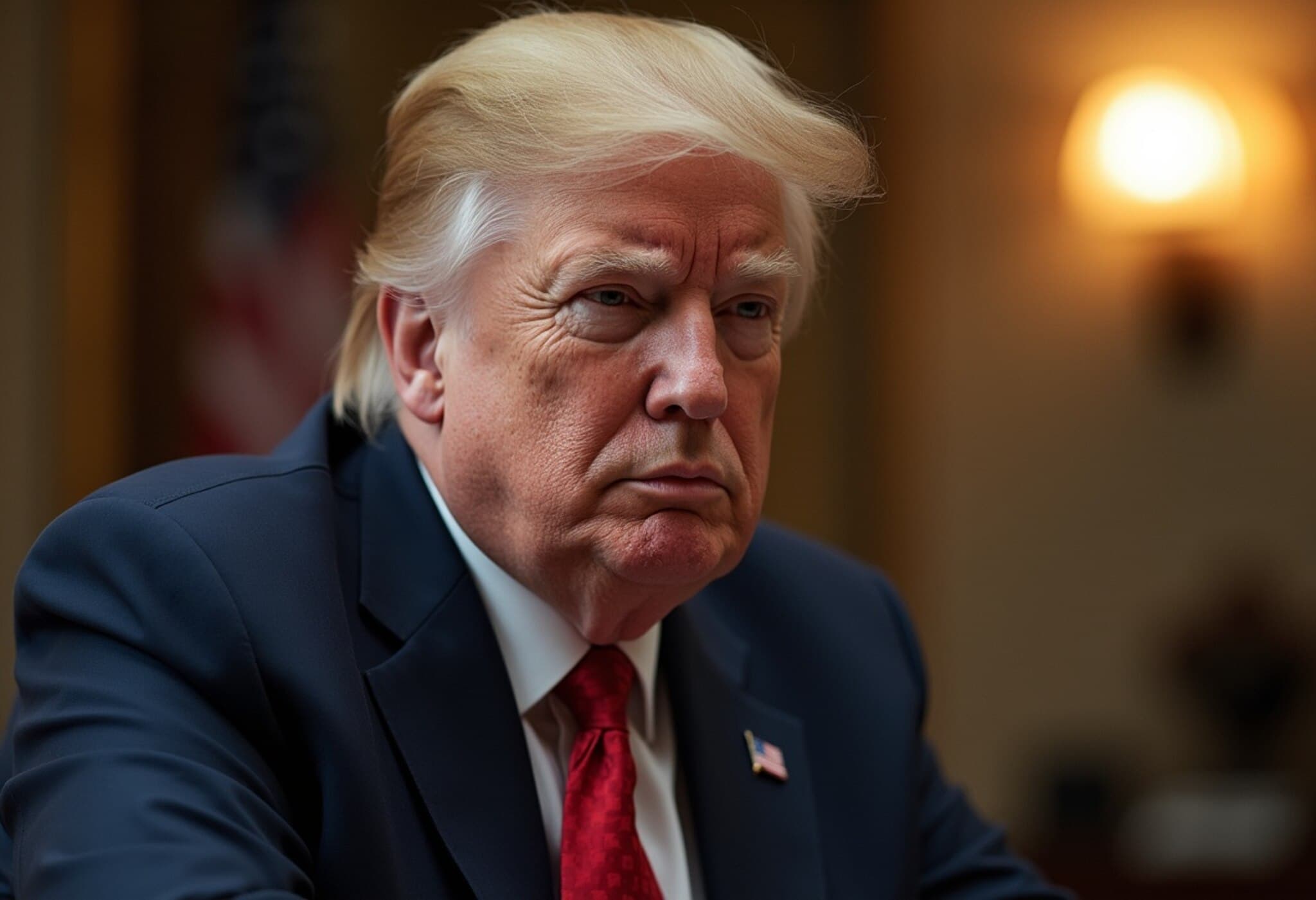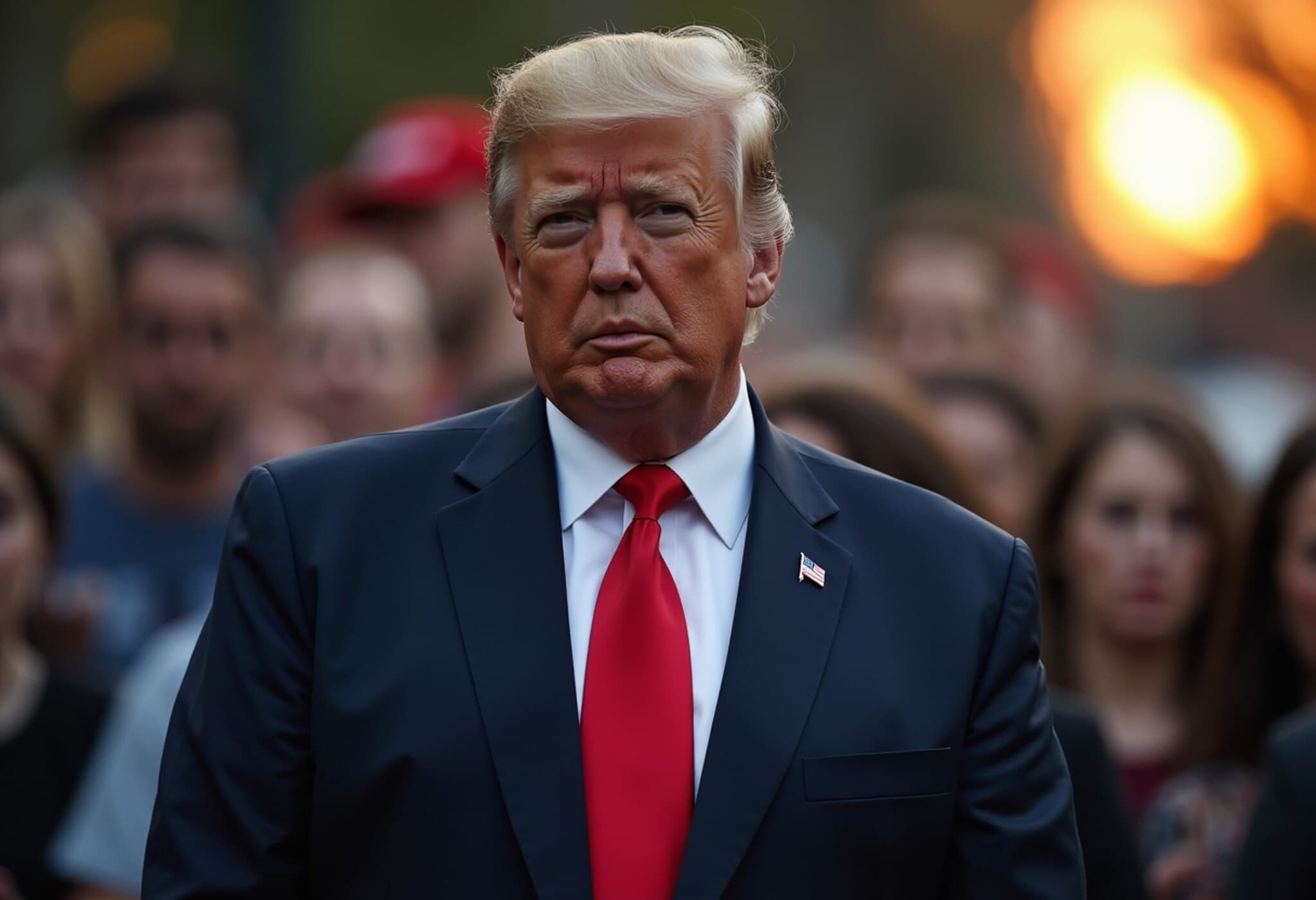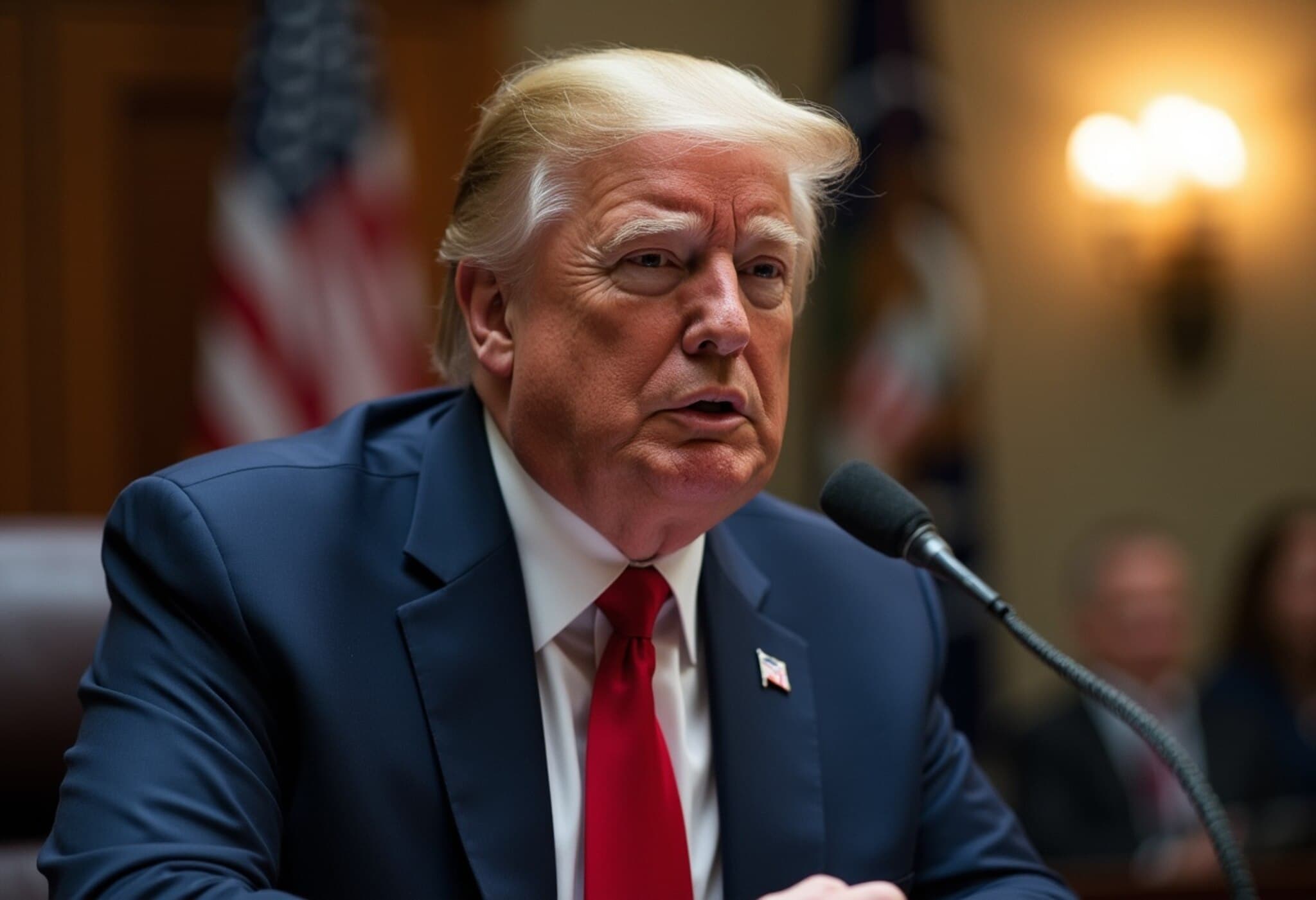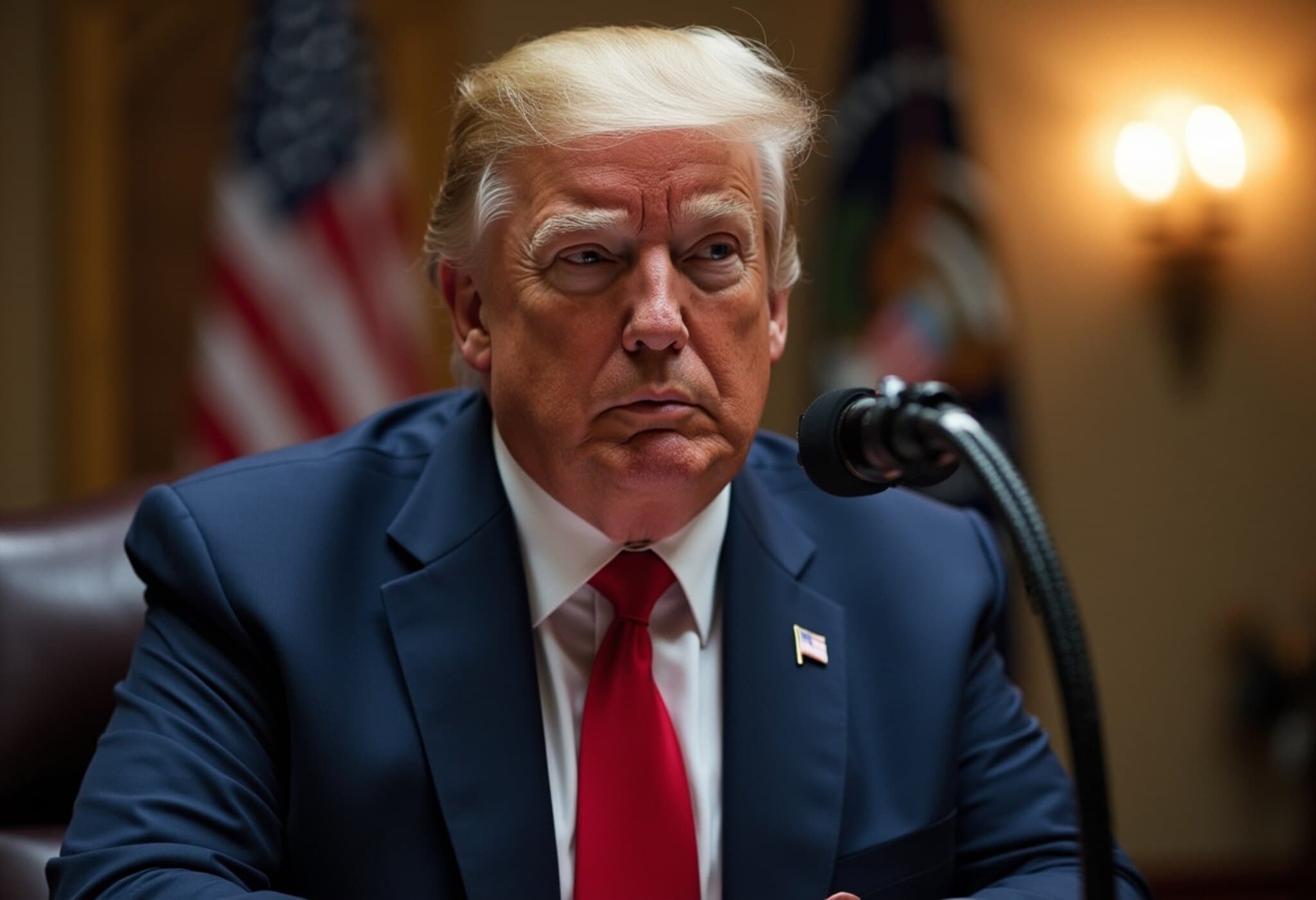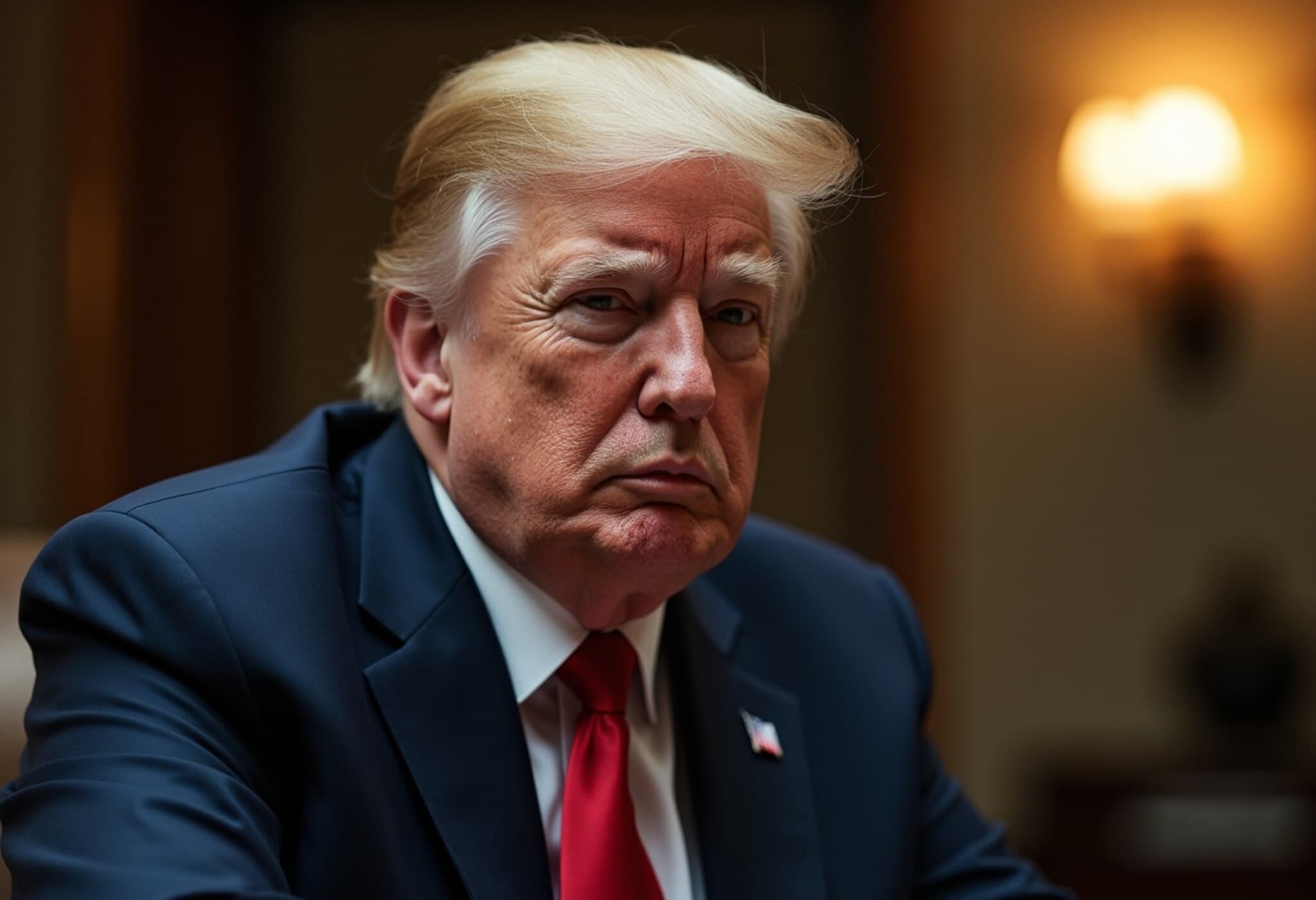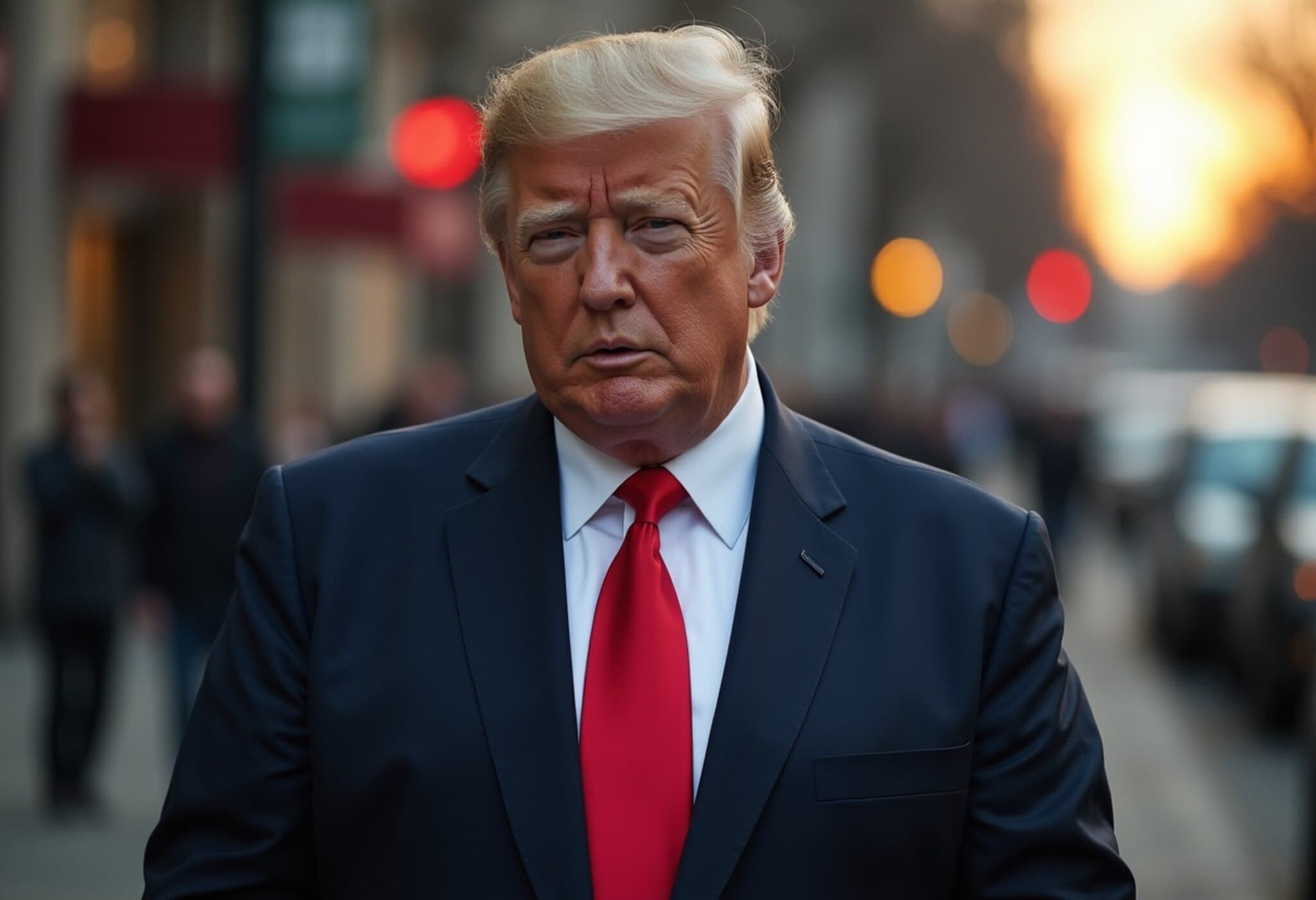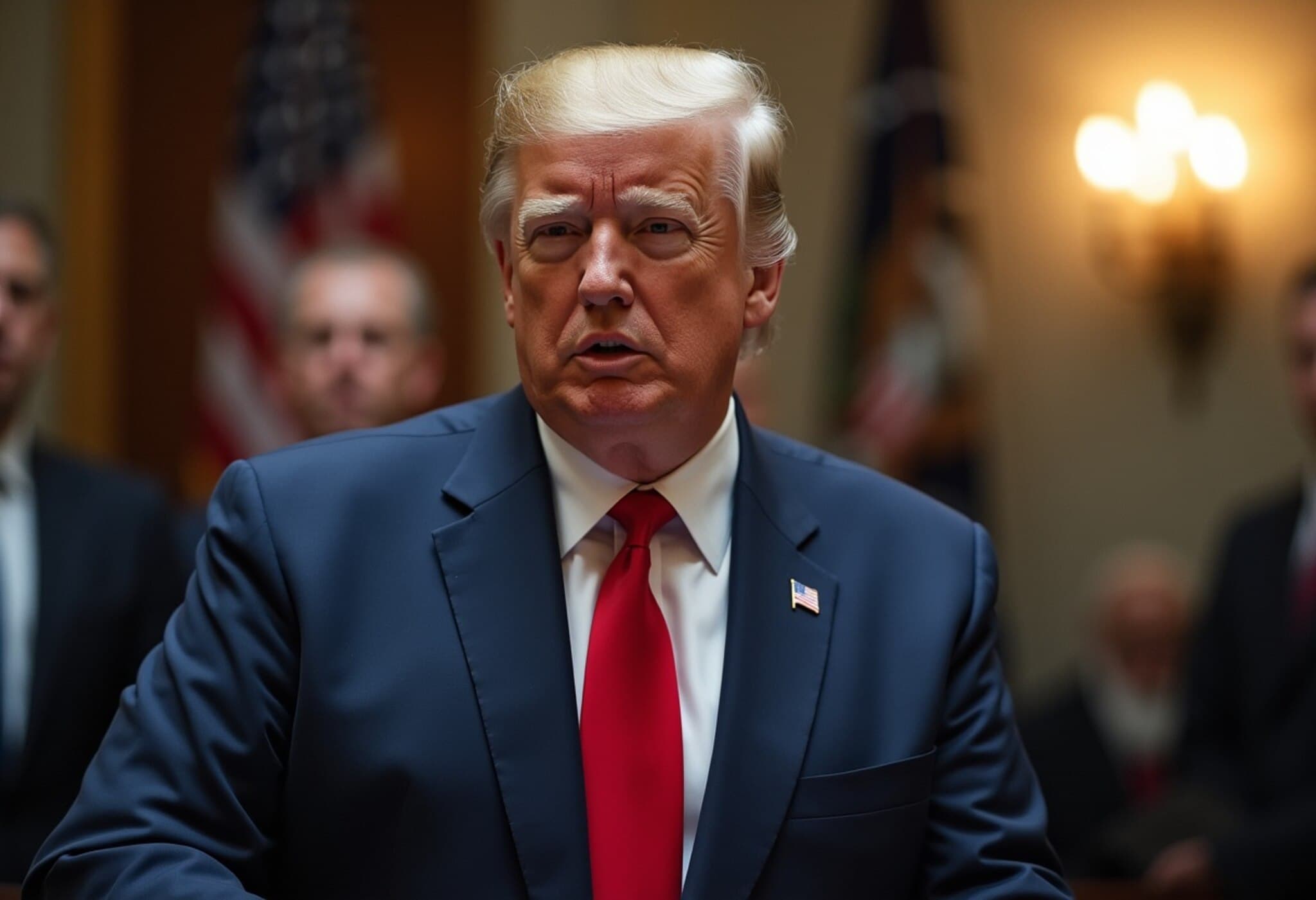Trump Challenges Epstein 'Smoking Gun' Allegations
In a renewed effort to calm the ongoing storm surrounding Jeffrey Epstein's controversial files, former President Donald Trump emphasized there is no clear evidence—no "smoking gun"—in the Epstein-related documents. Speaking directly to his supporters on his social media platform Truth Social, Trump criticized political opponents and suggested that if any incriminating evidence existed, Democrats who previously controlled the files would have already acted.
Trump's Directive to Attorney General Pam Bondi
On Thursday evening, Trump announced that he had instructed Attorney General Pam Bondi to "produce any and all pertinent Grand Jury testimony, subject to Court approval." Bondi responded by confirming her intent to pursue legal avenues for releasing these grand jury records. However, such releases are bound by judicial oversight and demand careful consideration of victim privacy and legal protocol.
The Controversy Over a Supposed Letter in Epstein’s Circle
Adding fuel to the fire, a recent Wall Street Journal report alleged that Trump contributed a personal, provocative letter to an album compiled by Ghislaine Maxwell for Epstein’s birthday. According to the report, the letter included a typewritten message alongside a suggestive drawing. Trump unequivocally denied authorship of the letter and announced plans to sue the publication and its parent company, owned by Rupert Murdoch.
Trump's message was fiery and direct: “I told Rupert Murdoch it was a Scam, that he shouldn’t print this Fake Story. But he did, and now I’m going to sue his ass off...” He even expressed anticipation about compelling Murdoch to testify during the legal proceedings.
Department of Justice Sets the Record Straight
Meanwhile, the Justice Department and FBI released a statement clarifying that no further public disclosures related to Epstein’s case are “appropriate or warranted.” The memo explicitly stated there was no evidence that Epstein maintained a "client list" or blackmailed influential figures, rebutting several conspiracy theories circulating within far-right and MAGA circles. The statement also reaffirmed that Epstein's death in custody was ruled a suicide.
Attorney General Bondi responded tersely to the DOJ statement, saying it “speaks for itself,” while Trump continued to frame the controversy as a Democratic-driven “hoax.” He cautioned his own political base against falling prey to unfounded speculation, labeling some calls for deeper investigations as “stupid” and “foolish.”
White House Rejects Calls for a Special Prosecutor
Despite media speculation, the White House has explicitly ruled out appointing a special prosecutor to reopen or examine the Epstein case further. Press Secretary Karoline Leavitt clarified, “The idea was floated from someone in the media to the president. The president would not recommend a special prosecutor in the Epstein case.”
Understanding the Broader Political and Social Implications
The Epstein case continues to be a flashpoint in American political discourse, intersecting issues of power, justice, and media narratives. Trump's reaction reveals an acute awareness of how this controversy impacts his political capital and the MAGA movement's credibility. By denouncing the allegations as politically motivated fabrications, Trump attempts to draw a clear boundary distinguishing legitimate investigation from partisan smears.
However, this approach also raises critical questions about transparency, accountability, and the public's right to information, especially when the case involves high-profile figures with alleged ties to abuses of power. The ongoing tension between protecting victims' privacy and pursuing full disclosure underscores the complex legal and ethical terrain surrounding grand jury materials.
Looking Ahead: Questions for the Justice System
- Will court approvals for releasing additional grand jury testimony materialize amidst privacy concerns?
- How will the Justice Department balance transparency with victim protection in such high-profile cases?
- What impact might Trump's legal actions against the Wall Street Journal have on journalistic freedom and investigative reporting?
Editor’s Note
The Jeffrey Epstein saga remains emblematic of the intricate interplay between power, media, and justice in contemporary America. As legal proceedings unfold and political narratives compete, readers should critically assess claims and consider the broader implications for transparency, accountability, and the rule of law. The demand for truth must be balanced against respecting due process and victim rights, highlighting the delicate challenges that define this enduring controversy.

